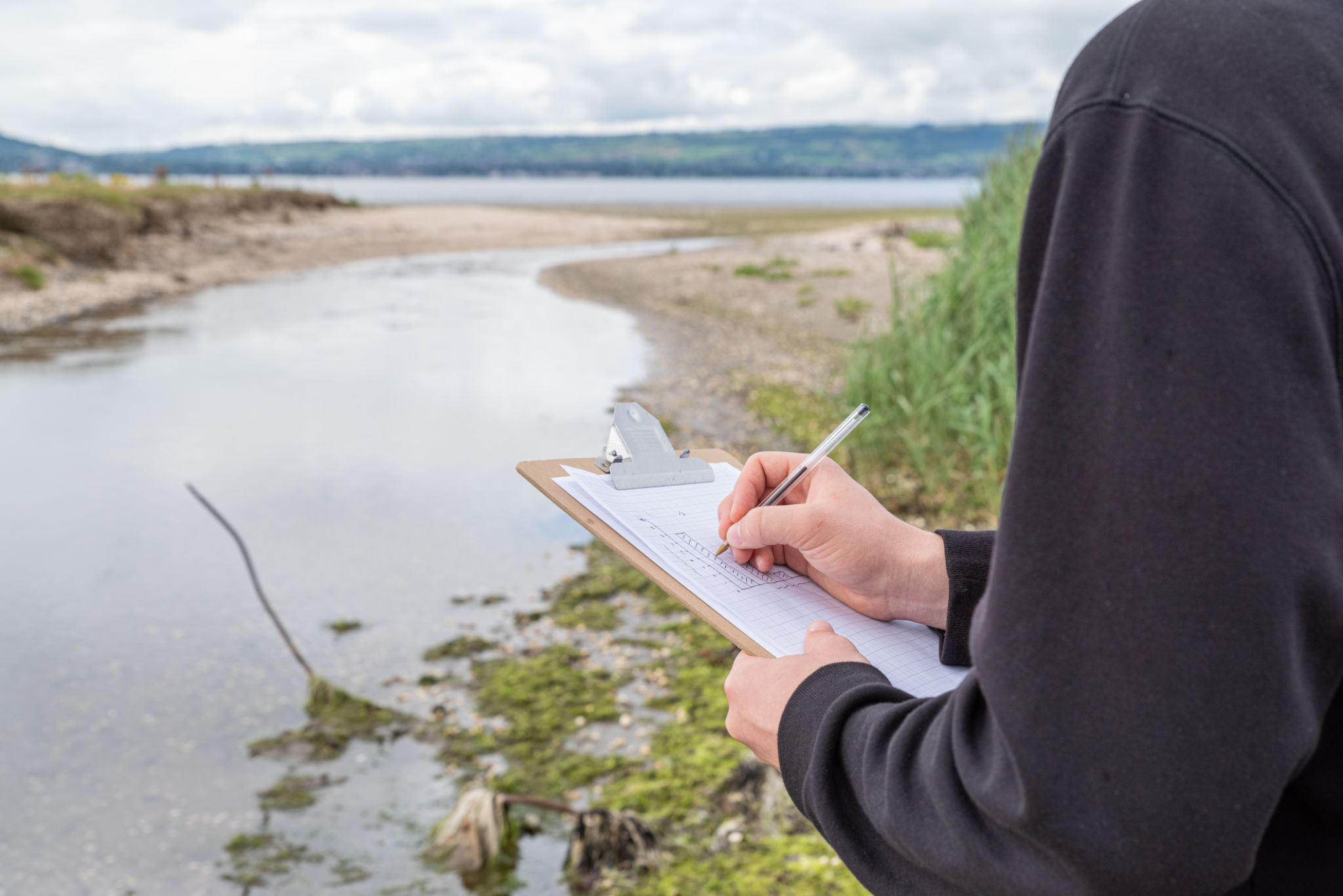How to Evaluate Undeveloped Land for Sale: A Comprehensive Guide
Understanding the Basics of Undeveloped Land
Investing in undeveloped land can be a lucrative opportunity, but it requires careful consideration and analysis. Before diving into the purchase, it's essential to understand what undeveloped land entails. Undeveloped land is any piece of property that has not been improved or constructed upon. This means no buildings, roads, or utilities are present, offering a blank slate for potential buyers.

When evaluating undeveloped land, it's crucial to consider several factors that can affect its value and suitability for your intended use. This guide will walk you through the essential steps to make an informed decision.
Location and Accessibility
The location of undeveloped land is a primary determinant of its value. Proximity to urban areas, transportation links, and amenities can significantly influence the land's potential for future development. When assessing location, consider not only current access routes but also any planned infrastructure developments that could enhance accessibility.
Evaluating Zoning Regulations
Zoning regulations dictate what can be built on the land and how it can be used. Before purchasing, check with local planning authorities to ensure the land is zoned for your intended purpose. Zoning laws can affect everything from building height to environmental restrictions, so it's vital to have a clear understanding of these rules.

Soil Quality and Environmental Considerations
The soil quality of undeveloped land is another critical factor to evaluate. Conducting a soil test can reveal important information about drainage, fertility, and potential contamination. If you're considering agricultural use or construction, good soil quality is essential for success.
Environmental Impact and Sustainability
Understanding the environmental impact of developing the land is crucial. Check for any protected ecosystems or species that might limit development. Additionally, consider sustainable practices that can minimize negative impacts on the environment, such as using renewable energy sources or preserving natural habitats.

Legal Due Diligence
Conducting thorough legal due diligence is imperative when evaluating undeveloped land. This includes verifying ownership rights, checking for any liens or encumbrances, and understanding any easements that might affect usage. Hiring a qualified real estate attorney can help navigate these complexities and avoid potential legal issues.
Financial Feasibility and Investment Potential
Assessing the financial feasibility of the land involves more than just the purchase price. Consider costs associated with developing the property, including site preparation, utility installation, and taxes. Evaluate the potential return on investment by analyzing market trends and demand for similar properties in the area.

Conclusion: Making an Informed Decision
Evaluating undeveloped land for sale requires a comprehensive approach that considers location, zoning, soil quality, environmental factors, legal aspects, and financial viability. By thoroughly investigating each of these elements, you can make an informed decision that aligns with your goals and maximizes your investment's potential.
Whether you're looking to build a dream home, start an agricultural venture, or make a strategic investment, understanding how to evaluate undeveloped land is key to success. Take the time to research and consult with professionals to ensure your purchase is sound and promising.
